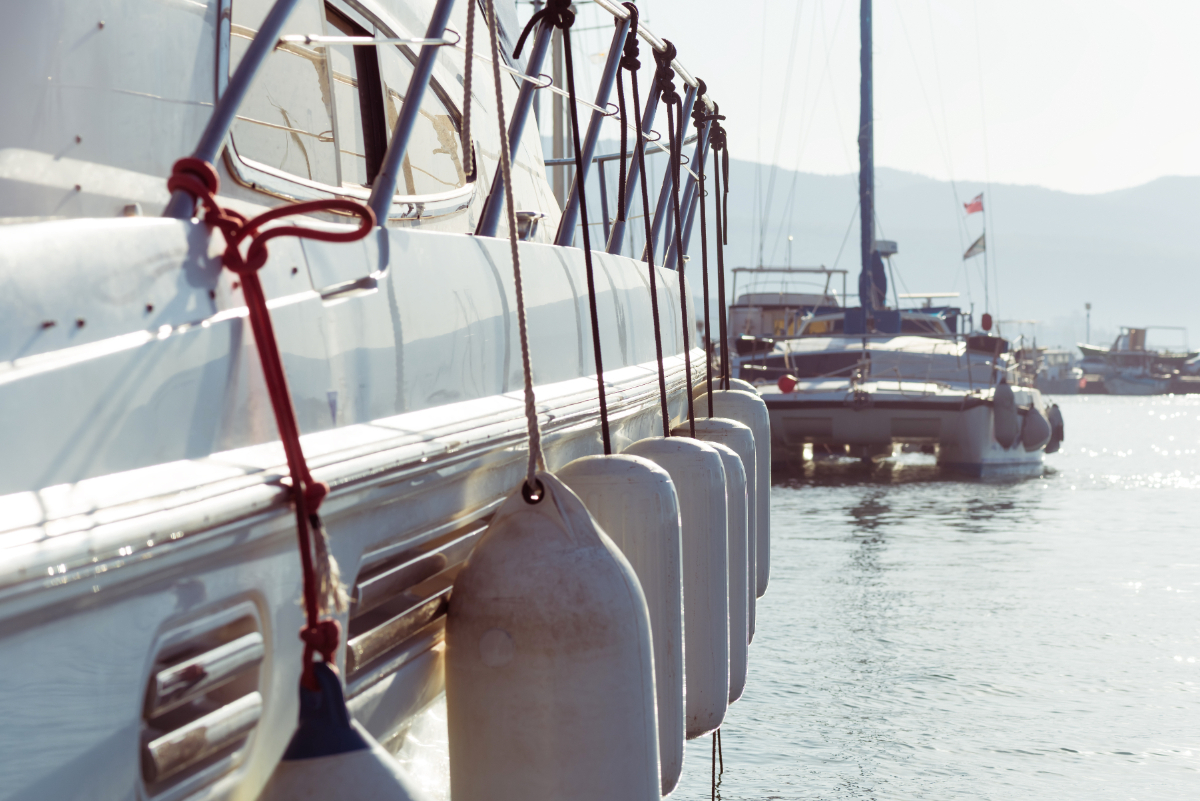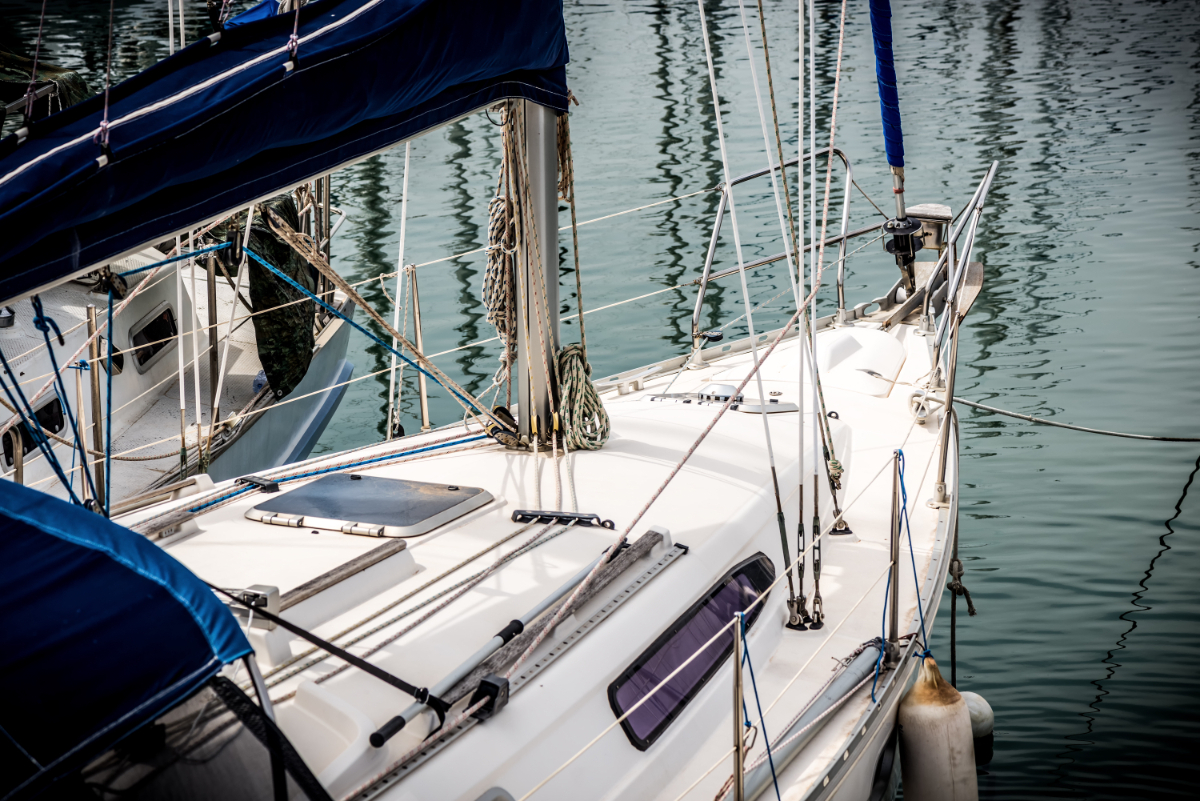This article focuses on ensuring public safety on pontoon boats - find out what you need to know about pontoon boat health and safety concerns.
Always Have A Backup Captain
Ensuring public safety on a pontoon boat is incredibly important, and a key part of this is having a backup captain on board. This is not just a suggestion, but a safety protocol supported by experienced boaters, with a significant majority agreeing on its necessity. The reason behind the need for a secondary captain is straightforward - more times than anticipated, unexpected incidents occur that leave the primary captain unable to fulfil their duties.
A bright, sunny day out on the water could quickly be consumed by unforeseen circumstances - therefore, having a backup captain available is vital. They need to have a comprehensive understanding of various aspects of the boat's functioning, including mastering the engine control and knowing how to operate the onboard navigational lights and radio.
An additional layer of knowledge expected is about steering the pontoon boat safely and strategically, including understanding how to bring it to a halt when necessary.
However, the skills of the backup captain should extend beyond basic operations. Familiarity with the pontoon's safety equipment location and use is also an integral part of their role. Appointing a well-trained backup captain is an essential safety measure that contributes significantly to a stress-free, enjoyable day on the water. With a backup captain, you have peace of mind.
Avoid Overloading The Boat
There's one key safety precaution that every pontoon boat owner must always remember: never exceed the recommended load capacity. Overloading a pontoon boat brings with it a range of potential dangers.
The biggest among these is that overloading impact the boat's buoyancy, which can make it less stable whilst on the water; this issue is crucial, considering the importance of abiding by the safe operation rules that govern the use of pontoon boats.
Another significant aspect to bear in mind is the possibility of weight shifting, which poses a serious hazard. Any sudden shift in weight, caused by passengers moving about, could easily tip the boat over.

Given this possibility, the importance of life jackets is reinforced. Wearing one becomes crucial for anyone aboard the boat during such uncertain situations - it could be the difference between life and death. The most important thing to keep in mind is to never, under any circumstance, exceed the stated maximum capacity for the boat.
Details relating to the weight limit and maximum passenger size are usually provided in the boat's user manual, and you can often find a placard with this information on the inside of the boat itself. Therefore, check these limits thoughtfully and carefully to ensure you don't endanger yourself, or your passengers, by overloading your pontoon boat.
Always Have Safety Kits
The main step in securing the well-being of everyone onboard begins with ensuring correct safety measures. It's mandatory to equip each pontoon boat with a carefully assembled safety kit. The components of this kit should encompass a first aid kit, a fully functional fire extinguisher and enough personal flotation devices for all passengers aboard the boat.
The first aid kit is an emergency provision that could be a lifesaver in case of minor injuries or sudden illnesses. The fire extinguisher plays a pivotal role in preventing accidental fires from escalating into a catastrophic event. Personal flotation devices are crucial in ensuring the safety of passengers, especially in cases of abrupt water incidences; it's equally essential to routinely inspect and update the contents of the safety kit, and keep it replenished.
Make sure that all passengers are briefed about the location of the safety kit and given a detailed introduction to the use of its contents. The significance of a well-prepared safety kit is critical and should never be overlooked or undervalued - it's an integral addition to a pontoon boat that ensures that all passengers have access to potentially life-saving equipment. Not only does it provide a sense of security and confidence to the passengers, but it also allows them to enjoy a safe and worry-free journey.
Watch Out For Legionella
When sailing the waves, the potential hazard of detrimental bacteria like Legionella can sometimes be dismissed. Originating from water sources, Legionella can cause a range of serious health issues.
This pathogen is frequently associated with water systems, including those installed on pontoon boats. Public safety remains paramount on board, and this includes a keen awareness of potential health threats such as Legionella.
As a pontoon boat owner or operator, it is of utmost importance to diligently maintain excellent hygiene standards on your vessel - regular cleaning and disinfection of water systems are integral steps in minimising the threat of Legionella polluting the water.

High concentrations of this bacteria in artificial water systems can lead to people falling sick if they ingest or inhale the contaminated water, as the bacteria can infiltrate their bodies.
Precise conditions within the water supply, such as temperature and nutrient levels, can also influence whether or not the Legionella bacteria will thrive and multiply. The early symptoms of this disease can often be mistaken for the flu, as they include general fatigue, body aches, headaches, and fever; because these initial symptoms closely mirror those of the flu, many people do not immediately recognise that they may have contracted Legionnaires' disease.
Stay In Smooth Waters
When travelling on a pontoon boat, there is one main rule to keep in mind that guarantees not only your safety but also the well-being of your passengers and others around you - keeping the boat on smooth waters. Controlling the pontoon boat effectively is indispensable, especially when dealing with movement from a standstill or when the vessel is filled with people.
The unique structure of pontoon boats is designed specifically for calmer waters; hence, they are more suitable for serene water bodies. If you're planning a venture out on a pontoon boat, it's essential to keep an eye on the day's weather forecast and choose a nice, peaceful day. Sailing on smooth waters not only enhances your overall safety but also allows for a more enjoyable journey - free from the risk of sudden or rougher weather.
Furthermore, it's advised to avoid areas heavily congested with boat traffic. The waves formed by numerous boats moving together can resemble rough waters, which increases the potential risk for pontoon boats. Finding the balance of safety and enjoyment on a pontoon boat is crucial; paying keen attention to safety measures will not take away from the fun, but will elevate the overall boating experience.
It will enable you to have an enjoyable, relaxing and incident-free ride. Adhering to these public safety guidelines for pontoon boats can make preparations for a delightful water venture a seamless process. Therefore, it's clear that pontoon boats are best kept in calm, smooth waters for both safety and enjoyment.

